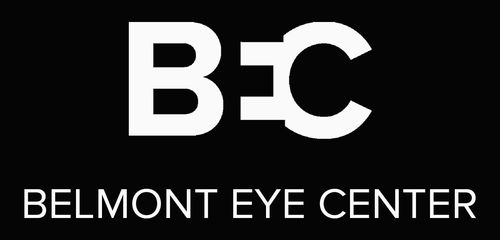Blurry vision can be more than just a minor inconvenience; it can significantly impact your daily life. At Belmont Eye Center, we understand the importance of maintaining optimal eye health, and a crucial part of that is ensuring you’re getting the right nutrients. In this comprehensive guide, we’ll explore the best eye vitamins for combating blurry vision, backed by scientific research and our expertise in eye care.
Understanding Blurry Vision
Before diving into the vitamins, it’s essential to understand what causes blurry vision. It can result from various factors, including age-related changes, eye strain, or underlying health conditions. While it’s crucial to consult with an eye care professional for a proper diagnosis, certain vitamins and nutrients can help support overall eye health and potentially reduce blurriness.
Key Vitamins for Eye Health
1. Vitamin A
Vitamin A is paramount for maintaining healthy vision. It’s a component of rhodopsin, a protein in your eyes that allows you to see in low light conditions. Deficiency in Vitamin A can lead to night blindness and dry eyes. Foods rich in Vitamin A include carrots, sweet potatoes, and spinach.
2. Omega-3 Fatty Acids
Omega-3s, found in fish oil, are essential for retinal health and may help reduce the risk of macular degeneration, a leading cause of vision impairment and blindness. Incorporating fish like salmon, mackerel, and sardines into your diet can boost your Omega-3 intake.
3. Vitamin C
This antioxidant is crucial for eye health. Vitamin C helps in the repair and growth of tissues, including those in your eyes. It can also combat the development of cataracts and, when combined with other essential nutrients, slow the progression of age-related macular degeneration (AMD) and visual acuity loss. Citrus fruits, berries, and peppers are excellent sources of Vitamin C.
4. Vitamin E
Another powerful antioxidant, Vitamin E, plays a role in protecting your eyes from free radicals, which can damage healthy tissue. Regular intake of Vitamin E can help prevent AMD and cataract formation. Nuts, seeds, and green leafy vegetables are great sources of Vitamin E.
5. Zinc
Zinc is a helper molecule that brings Vitamin A from the liver to the retina, to produce melanin, a protective pigment in the eyes. Zinc deficiency can lead to impaired vision, especially in low-light conditions. Foods like oysters, beef, and pumpkin seeds are high in zinc.
6. Lutein and Zeaxanthin
These carotenoids are found in the retina and are known for protecting the eyes from harmful high-energy light waves like ultraviolet rays in sunlight. Diets rich in lutein and zeaxanthin can improve vision in people suffering from cataracts and AMD. Green leafy vegetables, corn, eggs, and green peas are good sources.
Supplements vs. Natural Sources
While supplements are available, we at Belmont Eye Center always recommend getting these nutrients primarily from your diet. A balanced diet rich in fruits, vegetables, and omega-3 fatty acids is ideal for maintaining eye health. However, in some cases, supplements may be necessary, and it’s important to consult with your eye doctor before starting any new supplement regimen.
Regular Eye Exams: A Key Part of Eye Health
Remember, while a healthy diet can significantly contribute to eye health, it’s not a substitute for regular eye exams. Regular check-ups at Belmont Eye Center can help detect and treat vision problems early.
Conclusion
Incorporating these vitamins into your diet can help maintain your eye health and potentially reduce the risk of blurry vision. At Belmont Eye Center, we’re committed to helping you achieve and maintain optimal eye health. For personalized advice and comprehensive eye care, schedule an appointment with us today.
